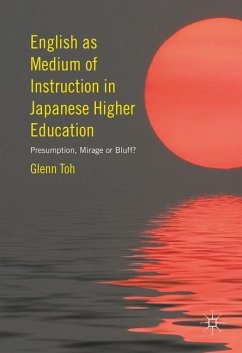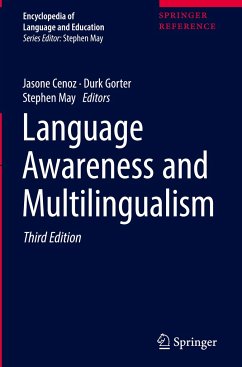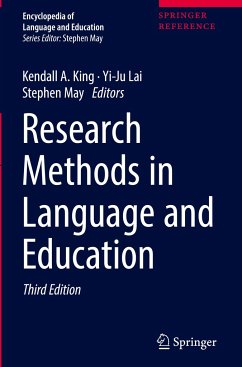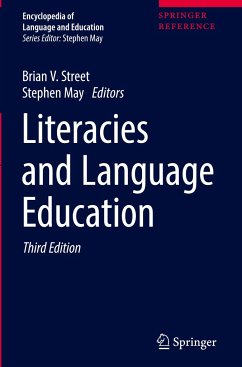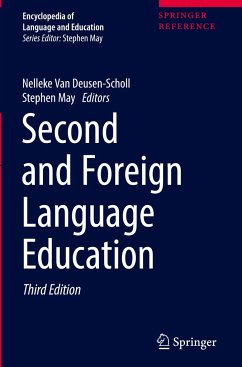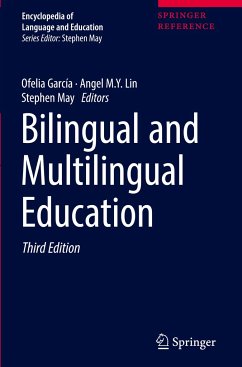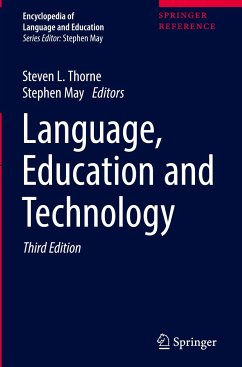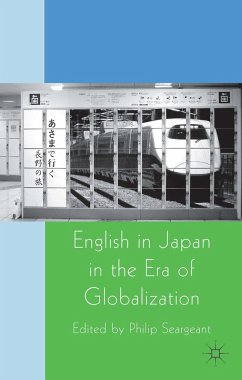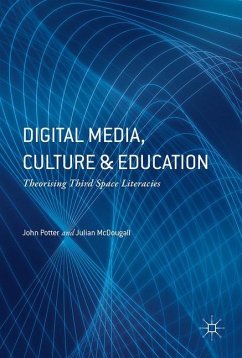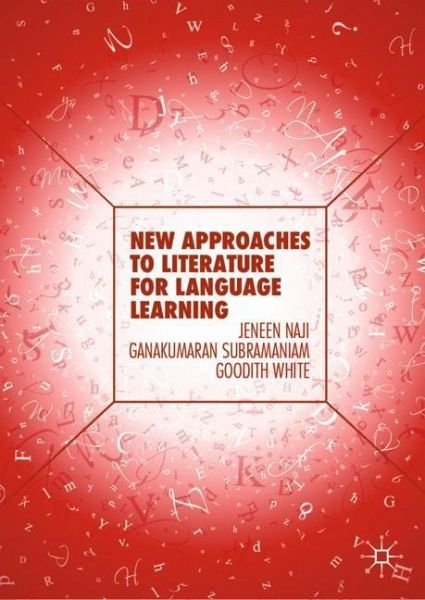
New Approaches to Literature for Language Learning

PAYBACK Punkte
34 °P sammeln!
This book unpacks recent changes in the landscape of literature and language teaching, and aims to find new explanations for the altered relationships between readers and writers, the democratisation of authorship, and the emergence of new ways of using language. By examining topics as various as literature and technology, multimodality, and new Englishes, the authors take a fresh look at the use of literature as a tool in the teaching of English to second-language speakers. More than simply a way of teaching aesthetic and ethical values and rhetorical skills, they argue that literature can al...
This book unpacks recent changes in the landscape of literature and language teaching, and aims to find new explanations for the altered relationships between readers and writers, the democratisation of authorship, and the emergence of new ways of using language. By examining topics as various as literature and technology, multimodality, and new Englishes, the authors take a fresh look at the use of literature as a tool in the teaching of English to second-language speakers. More than simply a way of teaching aesthetic and ethical values and rhetorical skills, they argue that literature can also be used to help students to critically evaluate assumptions about society, culture and power which underpin the production and reception of texts. The book relates theories of language acquisition and literary criticism to examples of literary texts from a wide range of global literature in English, and discusses new ways of engaging with it, such as transmedia story telling, book blogs and slam poetry. It will be of interest to language teachers and teacher trainers, and to students and scholars of applied linguistics, TESOL, and digital literacies.



